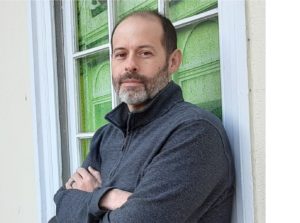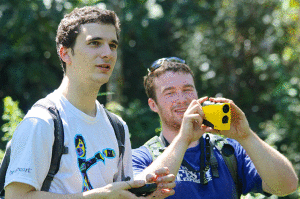
Kevin Caffrey
Congratulations to Senior Associate Registrar Kevin Caffrey! Kevin is USC’s Excellent Eagle Employee for the month of October. Below is what Professor of Geography Dawn Bowen had to say about Kevin:
“Kevin is quick to respond to an email, explain an issue, and devise a solution. He has been very helpful as I learn my new role of Chair of the CAS Curriculum Committee and has guided me through the Course Inventory Management System (CIM). He met with me in August to answer questions, does his best to understand when I can’t fully articulate the nature of the problem, and seems to have solutions as the tip of his fingertips. I sincerely enjoy working with Kevin and am confident that he will have much more to teach me as the semester progresses.”
Nominate your co-workers for the Excellent Eagle Employee award! It’s easy! Just complete the Excellent Eagle Employee Nomination Form on our website. Winners receive a reserved parking space for a month!
Questions? Contact Sarah Appleby, USC Recognition Committee Chair.









